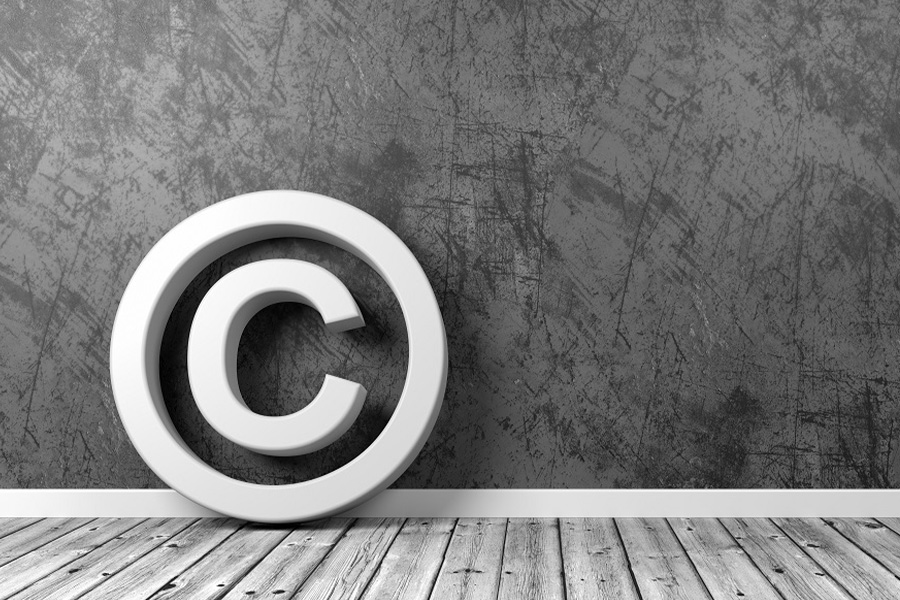By Adv. Yehuda Neubauer, Partner, Ehrlich, Neubauer & Melzer of Ehrlich Group.
The European Council recently approved the new copyright directive that updates the current copyright law within the European union (Directive of The European Parliament and of the Council on Copyright and Related Rights in the Digital Single Market and Amending Directives 96/9/EC and 2001/29/EC). This controversial reform provoked objections from Google and Facebook as well as freedom of expression activists worldwide.
The European copyright law was introduced in 2001 following the implementation of the WIPO Copyright Treaty in the Information Society Directive 2001/29/EC. 18 years later, European law makers decided to update the law, after the European Court of Justice noted several times that the law should be updated and be in line with the digital era.
The reform outlines new terms regarding licensing practices to authors and performers in online content sharing services. These website (such as YouTube, Twitter, Facebook and Instagram) will have to obtain a license from the rights holders of copyright protected works uploaded by users. This will allow rights holders to negotiate the conditions of the exploitation of their protected works. New and small platforms will be subject to lighter obligations in this regard. The new directive also introduces transparency obligations to online content sharing services regarding the remuneration and the commercial exploitation of licensed works.
The current practice in cases of copyright violation is that the rights holders have to notify the website regarding the infringing use of their works in order for the website to take down the violation, or else face liability of infringement. The reform holds these websites liable for copyrighted works uploaded by users without giving notice. If no authorization is granted by the rights holder, the website will be liable for infringement of copyright, subject to a few exceptions.
The reform also requires news aggregation services like Google and Facebook to negotiate licenses with news outlets in order to post snippets or links to their published articles.
From the users’ side, the reform introduces new exceptions to copyright infringement for the purposes of text and data mining, online teaching activities and the preservation and online dissemination of cultural heritage. The directive also changes existing exceptions such as quotation, criticism, review, caricature, parody and pastiche from optional to mandatory for member states.
These major changes to EU copyright law made waves worldwide and provoked protest all around Europe. Critics of the reform are concerned that the liability for online content sharing services will result in upload filters that will filter out legitimate content and severely harm free speech and the free exchange of information. Supporters of the reform, mainly artists, publishers and other content outlets, believe that the new regulations are balanced and appropriate, following years of injustice where third parties made major capital exploiting their protected works with little or remuneration.
EU Member States will now have up to two years to pass implementing legislation on the national level. This means the full effects of the reform will most likely reflect around May 2021.
